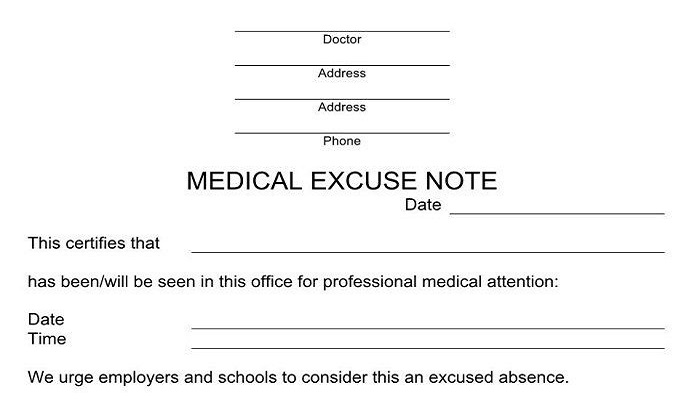Both in online and offline business, customer complaints are a natural thing to happen. Companies that are large or small often receive complaints or complaints from customers. There is nothing wrong here, because basically every person has a different level of satisfaction. But keep in mind, handling customer complaints is very important.
One of the characteristics of a business or company that can be said is good when the company has minimal complaints from customers, and if complaints occur, then the complaint is taken seriously.
What are Handling Customer Complaints?
By definition, complaints are expressions or dissatisfaction of customers or clients who buy our products / services, which are sent verbally via telephone or face to face or in writing (via email, SMS, letter or social media) regarding all aspects of products, services and various things provided by companies and businesses. Complaints can occur in both online and offline businesses.
In online businesses, most complaints are often due to the products sent not in accordance with the drawings, the quality is not as expected, the delivery time, the wrong size, the old customer service in replying to messages and unable to provide precise information on the company’s products and much more.
Handling Customer Complaints
When you receive a complaint, it is bet to handle it immediately, smartly and precisely. When you handle it that way, you can make this an opportunity not to lose customers, and at the same time show your customers that the business that you manage is bona fide and responsible and listen to what customers need.
When a customer feel that what they are complaining about is listened to, communication and relationship are established. It could be, even though initially complained about something, in the end the customer becomes your next loyal customer.
Bank Handling Customer Complaints Form

Basic Customer Complaint Form

Blank Handling Customer Complaints Form

Council Customer Handling Complaints Form

Customer Vehicle Complaint Form

Standard Handling Customer Complaints Form

Additional Tips on How to Handling Customer Complaints
- Be a Good Listener to Ease Customer Emotions.
When customers make a complaint, the first thing they want is for their complaints and opinions to be heard. Some customers have different ways of communicating. Some are ordinary and tend to be melancholy, but some are fiery and excessive. - Show Empathy.
Even though it’s not necessarily all the product and service errors from your business, keep showing empathy properly. Invite them to communicate gently and apologize if there really is something wrong with your service. - Immediately Provide Smart and Appropriate Solutions.
When customers begin to subside their emotions, then offer some solutions to the problems they face. Don’t blatantly blame customers, your job is to be on their side. You must remain calm and provide them with the smartest and best solutions, so that both parties feel mutually benefited and customer trust in your business returns to normal. - Take the Courage to Be Responsible for Complaints.
For example, the complaint is actually addressed to other staff, do not directly direct customers to the staff on the pretext it is not your responsibility. This can actually create a negative impression that your business works individually and does not listen to customers seriously.
In conclusion, as several times I emphasize in this article, take customer complaints seriously. Give your best to make your customers satisfied with the sound they make. After all, customer confidence in yourself and the company is the most important thing. And that trust can be broken and easily lost just because of the customer’s disappointment in the products and services we provide.
If this happens, of course your reputation can be damaged and they can turn to your competitors right away. In addition, complaints are one of the benchmarks of the success of a business for the long term, so the best service in handling customer complaints smartly and precisely is a skill that must be learned.



